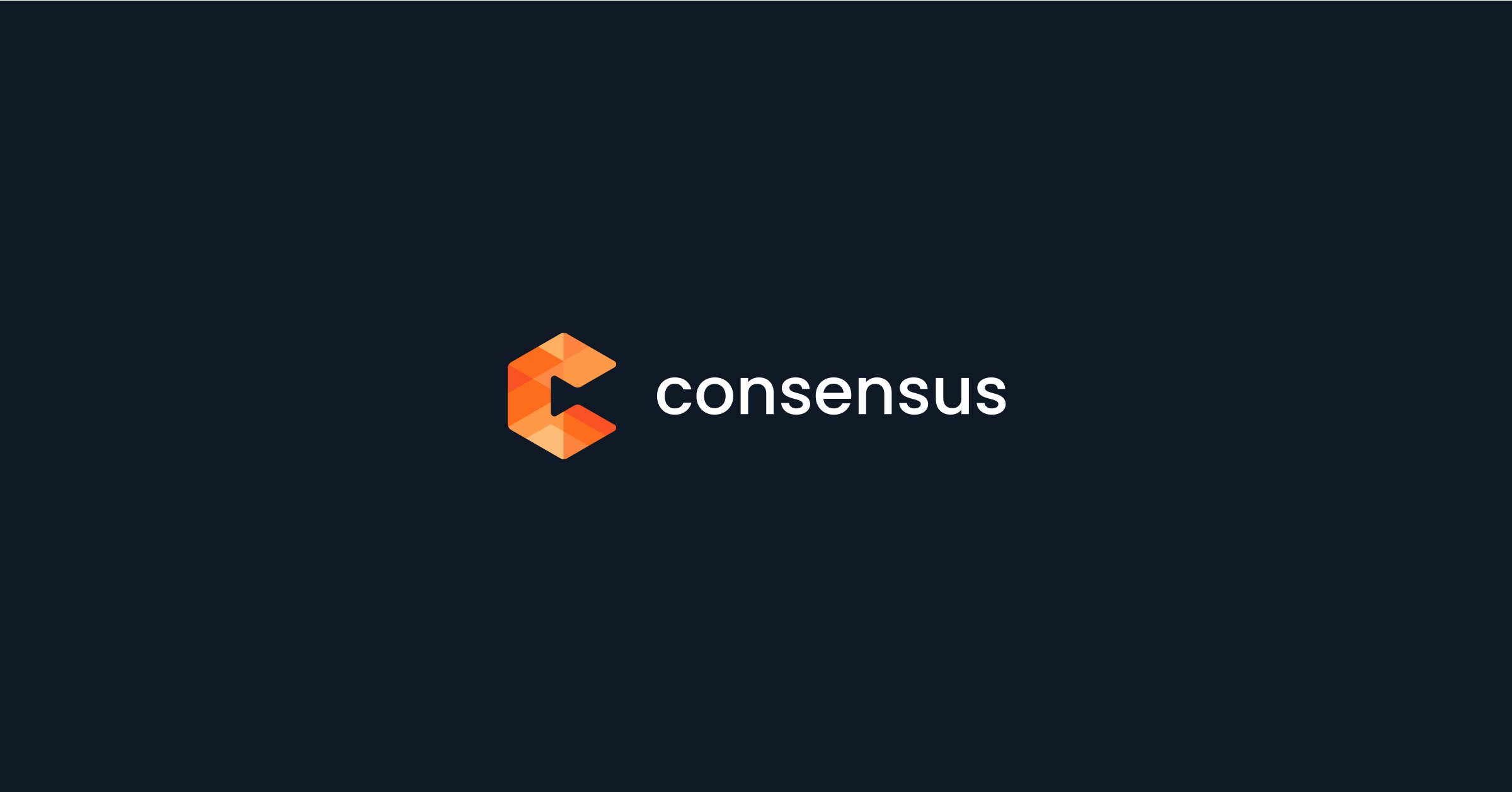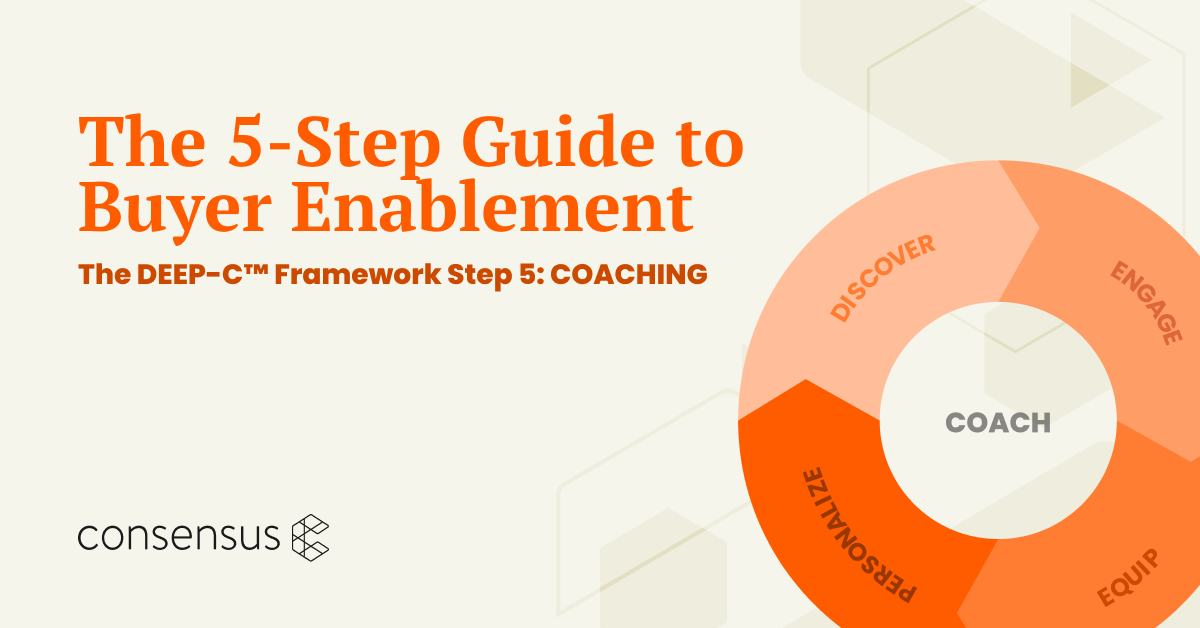Experienced marketing professional who focuses on revenue, enables sales teams, effectively ...
Close more deals with
Demo Automation.
Watch a Demo
Coaching is a critically important way for leaders to improve the performance of their teams. But it can be a tough skill to master for any leader. Factors like inexperience, improper or no leadership training, and even the demands of the business have forced leaders to not only not coach but also to do their employees’ jobs for them. We call this the Super Sales Engineer Leader.
That’s why it’s a topic that comes up a lot in our PreSales Leadership Collective sessions and roundtables – and why I’m diving into it here, backed up with data from the Consensus 2021 Sales Engineering and Compensation Workforce Report.
Coaching and Managing Are Not the Same
All managers need to be coaches – but coaching is not the same thing as managing. Managing is the day-to-day work of overseeing tasks and ensuring the team is functioning smoothly. Coaching is all about finding ways to maximize SE performance and reinforce positive behaviors while finding ways to correct negative ones.
While managing is often focused on numbers, coaching is focused on skills and techniques. And coaching can make your PreSales team much more effective and efficient, which is essential in these times of fast growth and increasing expectations.
The Benefits of Coaching Culture
Given that it takes typically three months to train a new SE to the point where they can demo independently, [pg. 45], PreSales leaders have a lot on their plates when it comes to scaling up a team. And with the growth most PreSales organizations are experiencing these days, it’s a challenging task.
Coaching can help increase the capacity of your Sales Engineers to solve problems effectively and creatively on their own. Helping them to develop these critical thinking skills is the main benefit of coaching, and it will benefit both their careers in the future and the effectiveness of your team right now.
And those bigger-picture skills are absolutely vital right now – and leaders have a big role to play.
PreSales professionals report a lower number of stakeholders per deal compared to AEs, which indicates that sales engineers are not always exposed to, or involved with, the full scope of the decision makers. [pg. 36]
That means they’re being left out of some of the business discussions that give increased context for their demos and their overall roles. PreSales leaders should coach their teams on how B2B buying has changed and what that means for SEs, as well as the organization as a whole, to help them develop the business-related strategic thinking they will increasingly need.
Coaching to Strengths
Effective coaching begins with an assessment of the strengths of each person on your PreSales team. This will help you identify gaps or weaknesses where additional coaching can benefit both the individual and the team. I would suggest using free resources like 16personalities.com or paid resources like the CliftonStrengths.
You will also want to dive into the data to see where team or individual performance needs help. For example, you can review the number of demos per deal against the median number in PreSales, which is three [pg. 33]. Reducing the number of demos required to close a deal may be an indication of a high-performance presales team.
Also, the AE:SE ratio [pg. 27] is another potential indicator of areas for coaching. The current median ratio is 4:1, but SEs reported a higher ratio than leaders, which indicates a potential disconnect. Coaching your SEs on how to partner effectively with AEs so your PreSales organization can scale when needed is important.
Another way to increase scale is by adding in demo automation solutions to your existing PreSales team – 45% of the industry is already doing it [pg. 44]. You can coach your SEs on how to add this technology into their workflows to increase their effectiveness and allow for eventual scaling.
And it’s a fact we’re all too aware of – not all PreSales contributions have equal importance or effectiveness.
In fact, most PreSales leaders and SEs say they’d like to spend more time on three things: discovery, deep dive technical demos, and planning and architecting solutions. But they also report that much of their time is spent on the introductory demo, which ranks second-to-last as a key activity[pg. 25].
It’s clear that PreSales leaders need to coach their teams to spend more time on those high-value activities, so they’re more successful.
Conclusion
In many cases, coaching takes more energy and effort to actually do. While it may be easier to solve the problem for your employee or tell them what to do, it does not lend well to development. Creating a culture of feedback where self-awareness and self-analysis are part of the team DNA is how the best leaders get the most out of their employees.
About James Kaikis
James Kaikis is the co-founder of the PreSales Collective, the largest global community for PreSales professionals. James has spent his technology career in a variety of company sizes including startups, scale-ups and enterprise, including Salesforce.com. His experience is in both presale and postsale roles, relentlessly focused on customer centricity through the customer journey.





